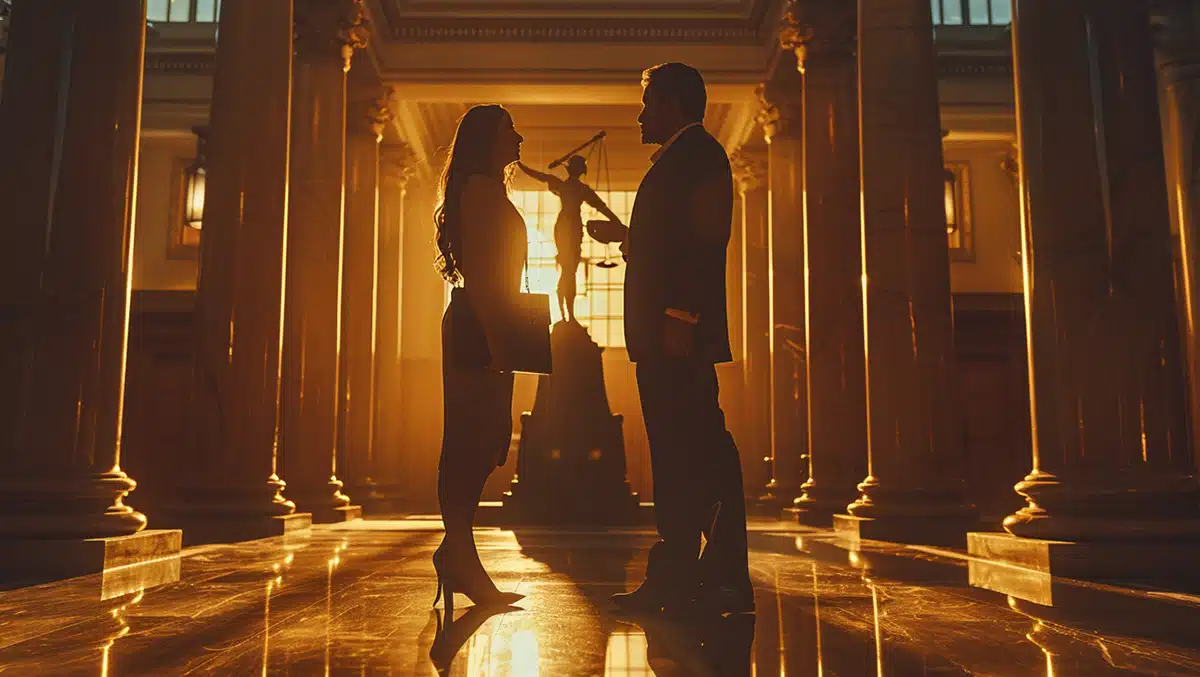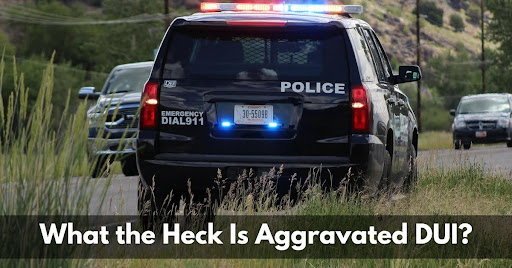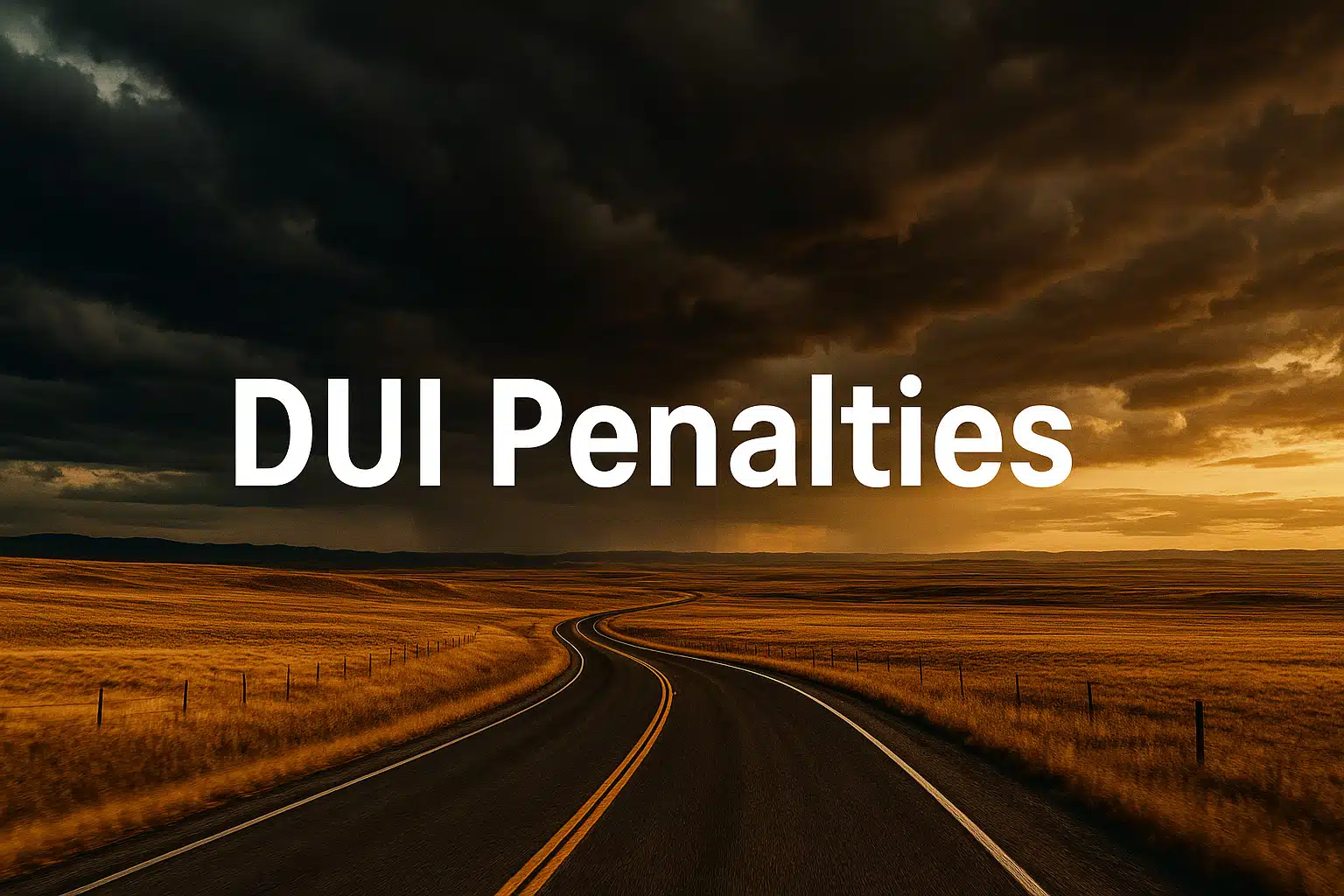If you or a loved one has been accused of a crime in Montana, you’re likely feeling overwhelmed and uncertain about what comes next. A Missoula criminal defense lawyer can be your strongest ally, guiding you through the legal process and building a case to protect your rights. Facing criminal charges is stressful, but you don’t have to face them alone.
Experienced criminal attorneys in Missoula know how to craft a solid defense at every stage of the process. Montana’s legal system has its own procedures and rules, and a local Missoula attorney’s expertise can make all the difference in navigating them. Understanding how your defense lawyer builds your case will help reduce some of the uncertainty you’re feeling right now.
Don’t wait to get help. Contact us today for a free consultation to discuss your case and learn about your options.
This guide walks you through the entire process. You’ll learn what your attorney does to protect your rights, how they investigate your case, and what strategies they use to get the best possible outcome. Whether you’re facing serious felony charges or misdemeanor accusations, knowing what to expect can provide peace of mind during this difficult time.
The Role of a Criminal Defense Lawyer in Building Your Case

In the criminal justice system, the prosecution’s job is to enforce laws aggressively and seek convictions. Your defense attorney’s job is to counter that by building a strong case for you. A good Missoula criminal defense lawyer will fight fiercely for your rights and freedoms, aiming to get charges reduced or dismissed whenever possible. Our experienced team prioritizes reducing or dismissing charges in all possible cases where the evidence and law support such outcomes.
A criminal attorney in Missoula brings specific local knowledge that makes a real difference. They understand Montana state laws and Missoula court procedures intimately. They know the local judges, prosecutors, and what arguments might resonate in a Missoula courtroom. This local insight is a key part of how they build a case strategically.
Part of building your case involves ensuring the State followed all required legal protocols. A defense lawyer reviews whether law enforcement had proper probable cause for searches and arrest. They check whether your constitutional rights like Miranda rights and right to counsel were respected. They challenge any violations vigorously. If the police lacked probable cause or a valid warrant, a motion can be filed to suppress that evidence, weakening the prosecution’s case.
When legal terms like “probable cause” come up, your lawyer will explain them clearly. Probable cause means a valid legal reason for a search or arrest. Chain of custody refers to how evidence was handled from collection to court. These concepts factor into your defense because violations can lead to evidence being thrown out or even the case dismissed if procedures weren’t followed correctly.
Understanding Charges: Felony vs. Misdemeanor in Montana
Understanding the difference between felony charges and misdemeanor charges in Montana helps you grasp why both types require a strong defense. Your attorney’s approach may differ based on the severity of the charge, but both deserve serious attention.
Felony charges in Montana are the more serious crimes. In Montana, a felony is typically defined as an offense that can be punished by more than one year in state prison. The punishment can be much more severe, including life in prison for the most serious crimes. Examples of felonies include homicide, sexual assault, and major drug trafficking. Montana does not use a tiered class system for felonies like some states do. Instead, each specific offense has its own sentencing range set by law. Montana does have extremely serious penalties including the death penalty for certain crimes like deliberate homicide. Fines for felonies can be very high, often thousands of dollars up to $50,000 or more for certain offenses.
Misdemeanor charges in Montana are lesser offenses but still serious. In Montana, misdemeanors are crimes punishable by up to a year in county jail and fines, usually up to $1,000. Some specific misdemeanors can carry higher fines. Certain DUI offenses can result in fines of $5,000 or more. Examples of misdemeanors include DUI first offense, simple assault, and petty theft. While the word “misdemeanor” might sound minor, a conviction can still mean months in jail, hefty fines, loss of driving privileges, or other penalties. It also creates a criminal record which can affect employment and housing.
Both felony and misdemeanor charges warrant a strong defense strategy. For felonies, the high stakes demand expert legal help. Even for misdemeanors, having a knowledgeable misdemeanor attorney is crucial. Many people underestimate misdemeanors, but an experienced lawyer can often keep a misdemeanor off your record or minimize its impact. Even if you’re facing a “minor” charge, a dedicated misdemeanor attorney can often find ways to resolve the case favorably, sometimes without a conviction, which protects your record and future.
Montana has specific legal nuances that reinforce why local knowledge matters. Montana’s statute of limitations differs for felonies versus misdemeanors. Most felonies have a five-year limit to charge, while misdemeanors have one year. Montana law allows expungement of misdemeanor convictions after a waiting period, typically five years after completion of the sentence. However, felony convictions cannot be expunged under current law. This means a felony record is permanent unless one receives a pardon, whereas a misdemeanor can eventually be erased.
If your attorney can get a felony reduced to a misdemeanor, Montana law later allows you to expunge that misdemeanor from your record after meeting certain conditions. This shows a forward-thinking benefit of good defense work.
Whether you’re facing felony charges in Montana or misdemeanor charges in Montana, the approach your lawyer takes will be tailored to the severity and specifics of the case. In both situations the goal is to protect your rights and future.
How a Defense Lawyer Builds Your Case: Step-by-Step
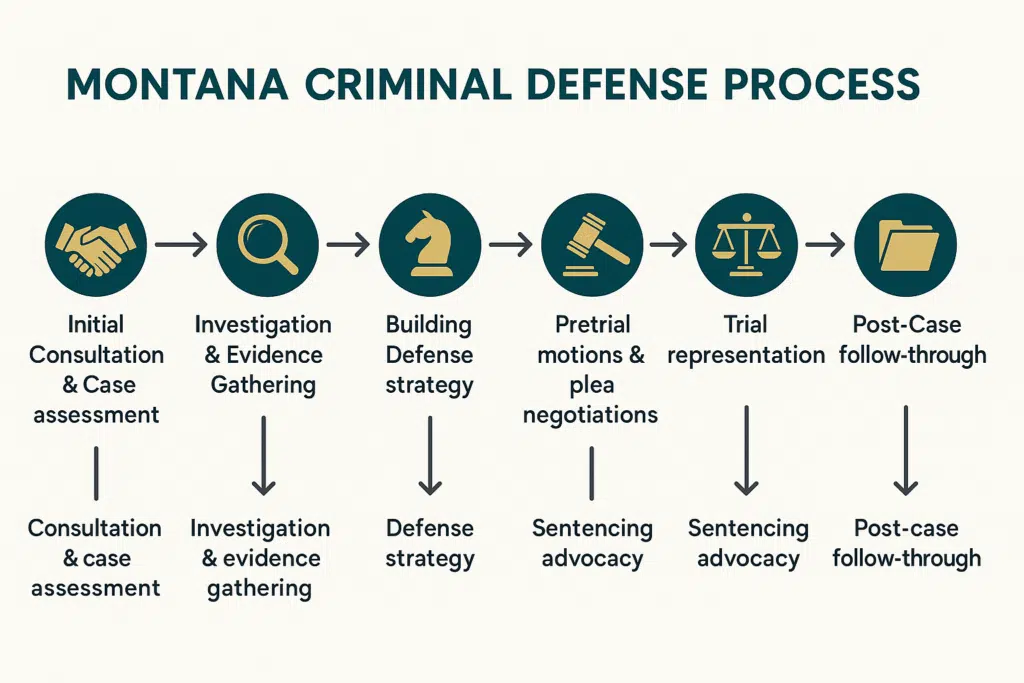
A Missoula criminal defense lawyer follows a clear process to construct a solid defense. This step-by-step approach reassures clients that there is a clear plan of action from start to finish.
The process begins with an initial consultation and case assessment. The attorney starts by meeting with you and sometimes your family to gather information and calm immediate fears. They will listen to your account of events, explain the charges you’re facing, and advise you on your rights. For example, they’ll remind you not to speak about the case to police without counsel present. This is when the lawyer begins planning. They identify immediate next steps, such as securing your release if you’re in custody by addressing bail and obtaining documents related to the case. Setting honest expectations is part of this stage, but the lawyer will also assure you that a plan is in motion.
Next comes investigation and evidence gathering. Once on the case, a Missoula criminal defense lawyer will thoroughly investigate the facts. This includes obtaining and reviewing all the prosecution’s evidence through the discovery process. This covers police reports, witness statements, surveillance footage, and forensic reports. The lawyer might also conduct an independent investigation by visiting the scene of the incident, taking photos, interviewing defense witnesses or alibis, and consulting expert witnesses if needed. For example, they might bring in a forensic expert or accident reconstructionist.
The attorney looks for holes or inconsistencies in the prosecution’s case. They will scrutinize whether the evidence was obtained lawfully by checking if police had probable cause for searches and arrest and whether proper procedure like Miranda warnings was followed. Any violations can become grounds to challenge and suppress evidence. Your defense lawyer will review every detail of your case and challenge any weaknesses in how the State handled it. By gathering favorable evidence like witness statements that support your innocence or an alibi and preserving evidence before it disappears, the lawyer builds the factual foundation of your defense.
Facing criminal charges? Every moment counts in building your defense. Call us now for immediate legal guidance and protection of your rights.
The third step involves crafting a defense strategy. Using the information gathered, the attorney will formulate a tailored defense strategy. There is no one-size-fits-all defense. It depends on the charges and facts. The lawyer will analyze what the prosecution must prove and how to prevent them from doing so. If you’re charged with assault but evidence shows you acted in self-defense, your lawyer will center the defense around justification. Montana’s self-defense laws, including its “stand your ground” principle, support your right to defend yourself without a duty to retreat. If the case involves DUI charges, the strategy might involve questioning the traffic stop and the accuracy of sobriety tests. For a property crime, it might focus on lack of intent or mistaken identity. The attorney may decide to file pretrial motions at this stage. Common ones include motions to suppress evidence if it was obtained in violation of your rights and motions to dismiss the case entirely if there’s insufficient evidence or legal defects in the charge. Each of these moves is intended to strengthen your position.
Plea negotiations represent a crucial part of building a defense. In many cases, a skilled Missoula defense attorney will engage in discussions with the prosecution to probe opportunities for a plea bargain or outright dismissal. If the evidence against you isn’t rock-solid, the lawyer can leverage that to argue for charges to be reduced. For example, they might get a felony reduced down to a misdemeanor or seek alternative sentencing. Even if the evidence is strong, there might be mitigating factors like your lack of criminal history, community ties, or willingness to undergo treatment that the lawyer will present to persuade the prosecution to offer a lenient deal. Oftentimes, the defense lawyer can have a felony charge reduced to a misdemeanor through skilled negotiation. Plea deals are a normal part of the system. Most cases don’t go to full trial. The lawyer’s goal is to secure the best possible outcome, which might mean agreeing to a lesser charge or a diversion program rather than risking a harsher outcome at trial. Montana offers deferred prosecution agreements or deferred imposition of sentence. These are arrangements where if a defendant meets certain conditions like completing treatment, community service, or staying law-abiding for a period, the charge is ultimately dismissed.
If negotiations don’t resolve the case, or if you choose to fight the charges outright, the defense lawyer’s role is to defend you in court. The attorney will represent you in preliminary hearings for felonies, in motion hearings arguing any pretrial motions filed, and ultimately at trial if it reaches that stage. Trial advocacy involves selecting a jury if applicable, delivering opening statements, cross-examining the State’s witnesses to reveal inconsistencies or reasonable doubt, presenting any defense evidence and witnesses, and making compelling arguments to the jury or judge. The lawyer’s case-building effort culminates here by presenting a coherent narrative of why the prosecution has not met its burden of proof beyond a reasonable doubt. Even as the trial proceeds, a good defense lawyer is adaptable. They might adjust strategy based on how evidence comes out, always keeping your best interests at heart.
The final step covers sentencing and post-case follow-through. If the outcome is a conviction or a plea to a lesser charge, the lawyer’s work isn’t over. At sentencing, your attorney will argue for minimal penalties, highlighting your good character, support in the community, or any mitigating factors to convince the judge to be lenient. In Montana, judges often have discretion in sentencing within the ranges set by law, so a lawyer can make a big difference by humanizing you and urging probation or rehab programs instead of jail for a first-time offender. After the case, a dedicated defense lawyer will also advise you on next steps. They may assist with expungement down the line if it’s a misdemeanor and you qualify. Montana law allows a misdemeanor conviction to be expunged after a waiting period, which can give you a fresh start. If you were acquitted or charges dismissed, the lawyer might help ensure records are cleared or request a return of bail or seized property. If things didn’t go well, the lawyer can discuss appeal options.
Every case is unique. A DUI defense strategy will differ from a domestic violence case or a drug charge. The lawyer “builds your case” by choosing the tactics that fit your facts and the Montana laws at play.
Common Defense Strategies in Montana Cases
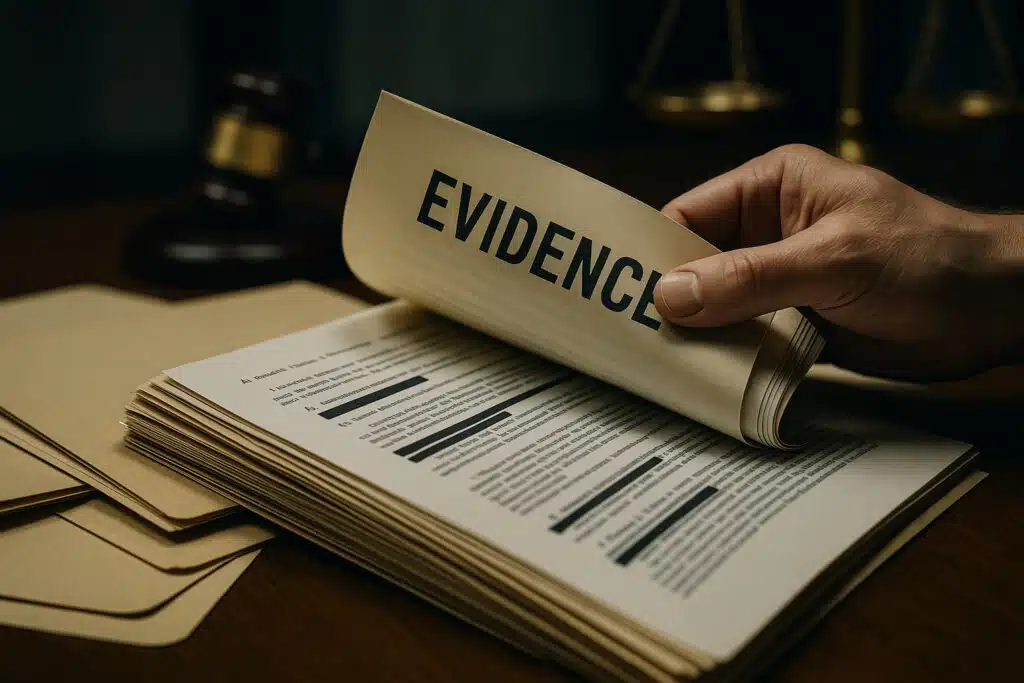
Below are some defense strategies Montana attorneys commonly use to defend clients, depending on the circumstances of the case.
Challenging the prosecution’s evidence is one core strategy. If there’s any indication that evidence was obtained illegally or is unreliable, the attorney will exploit that. If a search of your home was done without a proper warrant, any evidence found can be challenged and potentially thrown out by the judge under the exclusionary rule. Similarly, if a witness’s story contradicts known facts, your lawyer will highlight those inconsistencies. The goal is to weaken the prosecution’s case to the point where they cannot prove every element beyond a reasonable doubt. This strategy applies in all cases. Your lawyer will argue that the State simply doesn’t have enough credible evidence to convict.
Asserting affirmative defenses when applicable represents another key strategy. An affirmative defense means acknowledging some elements of the prosecution’s case but providing a legal justification or excuse. In Montana, one of the most important is self-defense or defense of others. If you had to use force to protect yourself or someone else, Montana law is on your side. Montana is a “Stand Your Ground” state, which means you have no duty to retreat if threatened. A Missoula defense lawyer will invoke Montana’s self-defense statutes if the facts support it, potentially leading to an acquittal on that basis. Other affirmative defenses include insanity or mental state defenses if a defendant was not capable of understanding or controlling their actions, though Montana has specific rules on insanity defense. Duress is another option where you were forced to commit the crime under threat. Each of these strategies requires evidence like psychological evaluations for insanity, or proof of threat for duress, which the lawyer will help develop.
Disputing intent or identity creates another avenue for defense. Many crimes require the prosecution to prove a certain intent, also called mens rea. A strategy for the defense can be to argue that this intent is missing. Theft usually requires proving the intent to permanently deprive someone of property. If your attorney can show you didn’t actually intend to steal, perhaps it was a misunderstanding or you believed the property was yours, that undermines the case. Likewise, mistaken identity is a defense. If the lawyer can produce evidence that it was someone else who committed the crime or cast strong doubt on the eyewitness identification, the jury may have reasonable doubt. In practice, your lawyer might bring alibi evidence proving you were elsewhere or highlight the lack of forensic tie to you. These strategies create doubt about whether you were the person responsible or whether you meant to commit a crime, both of which can lead to acquittal if the jury isn’t convinced.
Leveraging alternative resolutions provides a modern defense strategy that doesn’t always end in trial. Sometimes the best “strategy” is finding a solution outside of conviction. Montana’s system allows for things like deferred prosecution agreements, diversion programs, or treatment court in certain cases, especially for first-time or low-level offenses. Here, your lawyer’s strategy might be to demonstrate to the prosecutor and court that you are a good candidate for such a program. In a minor drug possession case, a defense lawyer might argue for you to enter a treatment program. Upon completion, the charges could be dropped. This strategy results in avoiding a conviction and is a win-win. You get help and avoid a record, and the state still achieves rehabilitation. Deferred imposition of sentence is another Montana mechanism. The judge delays sentencing and if you comply with all conditions like no new offenses and maybe community service, the charge can be dismissed after the deferral period. These outcomes are often negotiated by the attorney behind the scenes. They require a lawyer who knows the system and can advocate effectively for your eligibility.
Not all defenses will apply to every case. A savvy Montana criminal defense lawyer will identify which defense strategies apply in your situation and execute them effectively.
The Advantage of Local Experience (Why a Missoula Lawyer Matters)
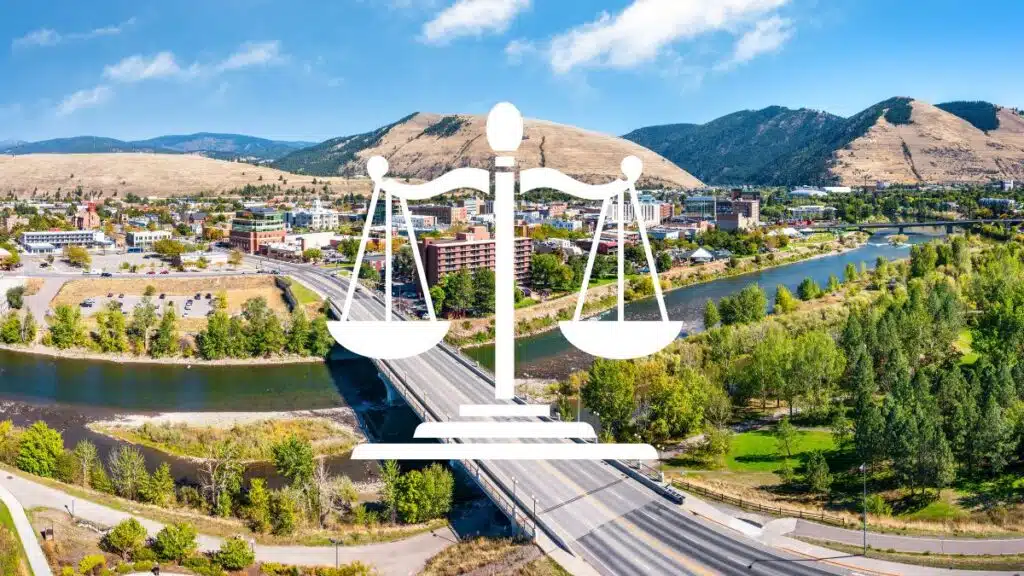
Local expertise in Missoula and Montana is invaluable when facing criminal charges. Hiring a Missoula criminal defense lawyer specifically provides benefits compared to a generic approach or handling it alone.
A Missoula-based attorney knows the Montana Criminal Code and procedure inside-out, including any recent changes or quirks in state law. As of 2025, Montana’s legislature has updated certain criminal justice procedures, and an experienced local attorney will ensure your defense strategy takes advantage of any new provisions. This up-to-date knowledge can be the difference between missing an opportunity and securing a better outcome.
Every jurisdiction has its own “way of doing things.” A Missoula criminal attorney regularly appears in Missoula County courts, both the Missoula Municipal Court and Justice Court for misdemeanors and the Fourth Judicial District Court for felonies. They understand the local court rules, scheduling practices, and even preferences of the judges. Some judges might have stricter policies on plea bargains or require certain procedures for motions. A local lawyer will know these nuances and can strategize accordingly.
Local defense lawyers often have professional relationships with the prosecutors, law enforcement, and courthouse staff. This doesn’t mean they get special deals, but it means they know how to communicate effectively with the people on the other side. A good reputation of the defense attorney for being honest and well-prepared can sometimes help in negotiations. The prosecutor trusts that the lawyer isn’t going to waste time with frivolous claims, which can make them more receptive to reasonable plea deals. An experienced criminal attorney in Missoula will have a reputation that precedes them. When they propose a certain resolution, the local prosecutors know it’s coming from someone who understands the system, which can facilitate smoother negotiations.
In the event of a jury trial, having a lawyer who is from the community can be an advantage. They will have a sense of the local community values and concerns. The attitudes in Missoula, a college town with a mix of urban and rural influences, might differ from those in other Montana locations like Bozeman. A Missoula defense lawyer can tailor arguments in a way that resonates with local jurors. Missoula juries might be more familiar with college-related offenses or have certain views on self-defense or drug use, and a local attorney will know how to address these perceptions in court.
From your perspective, having a local lawyer means they are accessible for meetings, court prep, and understand the stress you’re under in your community context. This humanizes the process. The lawyer isn’t just a legal expert but someone who knows the environment you live in. If your case has local media attention, a Missoula lawyer will be aware and manage that aspect too.
A Missoula criminal defense lawyer offers more than just knowledge of law. They offer knowledge of the local playing field. When you hire a criminal attorney in Missoula, you’re getting someone who’s navigated the local system many times before. Local experience can be the difference between a routine outcome and a remarkable one, because the nuances of practicing in Missoula, Montana, are learned through years of on-the-ground work.
Conclusion
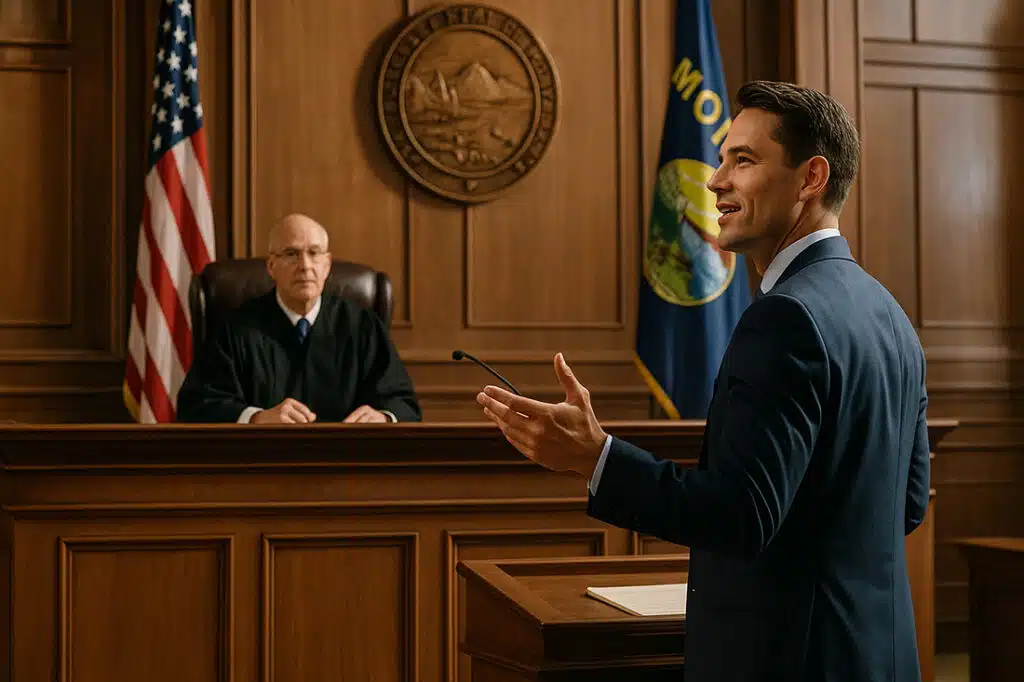
Having a skilled criminal defense lawyer build your case step-by-step is the best way to protect your rights, whether you’re facing a minor misdemeanor or a serious felony in Montana. The stakes are too high to risk going it alone. Your freedom, record, and future hang in the balance. From the moment of accusation through the final resolution, your attorney is your champion, employing every legal tool to secure the best possible outcome.
If you or a loved one has been charged with a crime in Missoula or anywhere in Montana, don’t wait. Early action by a defense lawyer can significantly improve the outcome. Montana’s laws and courts have unique aspects. Having a local expert guide you can make all the difference in building a successful defense.
Don’t wait — your future deserves immediate, expert attention. Get in touch via the button below or visit our office for a free, confidential consultation. Whether you’re under investigation or already facing charges, we’re ready to step in, protect your rights, and fight for the best possible outcome. Let us stand with you — and fight for you — from day one.
The sooner you have a Missoula criminal defense lawyer working on your case, the better your chances at a favorable outcome. Contact our Missoula criminal defense team today for a free consultation and let us start building your case. We have helped many Montana clients through the toughest times of their lives. We’re ready to help you too.

